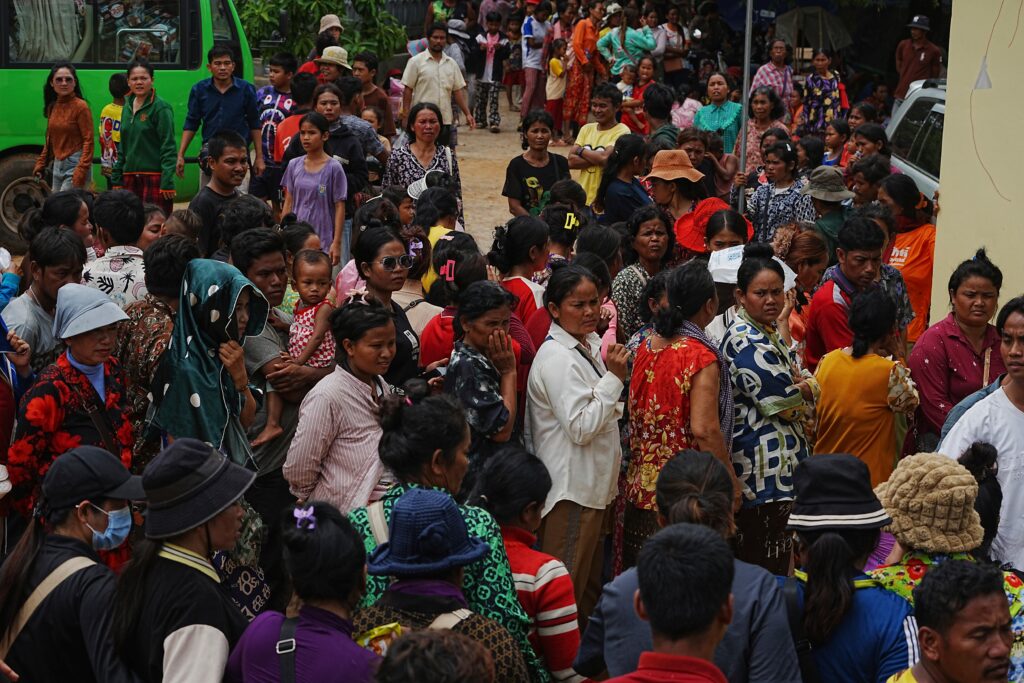


Bipartisan Senate and House bills hope to make their way through that will permit foreign priests, brothers, and nuns to remain in the country.
By Catholics for Catholics
A bipartisan bill is bringing hope to faith leaders across the nation; they believe it might resolve an immigration issue that has been messing with their communities for more than two years.
According to Newsmax, the Biden administration made an abrupt change in March in how the government develops green cards in categories that include religious workers and abused minors. It formed new backlogs that threaten the ability of thousands of pastors, nuns, imams, religious singers and others to remain in the United States.
The bill only deals with one small part of the problem, which sponsoring lawmakers hope will increase its chances of passing even as immigration remains one of the most opposing themes in the nation.
Still, faith leaders say even a small fix will be enough to curtail damaging losses to congregations and to start planning for the future again.
“Unless there is a change to current practice, our community is slowly being strangled,” said the Rev. Aaron Wessman, vicar general and director of formation for the Glenmary Home Missioners, a small Catholic order ministering in rural America.
“I will weep with joy if this legislation passes,” Wessman said. “It means the world for our members who are living in the middle of uncertainty and for the people they’ll be able to help.”
Most of Glenmary’s priests and brothers below 50 years of age are mostly from Uganda, Nigeria, Mexico, and Kenya. All of them are burdened by the actual immigration hurdle, Wessman said.
The problem also affects thousands of others who serve the variety of faiths in the United States, from Islam to Hinduism to evangelical Christianity, providing both pastoral care and social services.
No exact numbers exist, but it is estimated that there are thousands of religious workers who are now backlogged in the green card system and/or haven’t been able to apply yet.
Churches bring to the United States religious workers under temporary visas called R-1, which permit them to work for up to five years. That used to be enough time for the congregations to petition for green cards under a special category called EB-4, which would allow the clergy to become permanent residents.
Congress imposes a quota of green cards available per year divided in categories, almost all based on types of employment or family relationships to U.S. citizens. In most categories, the demand exceeds the annual quota.
